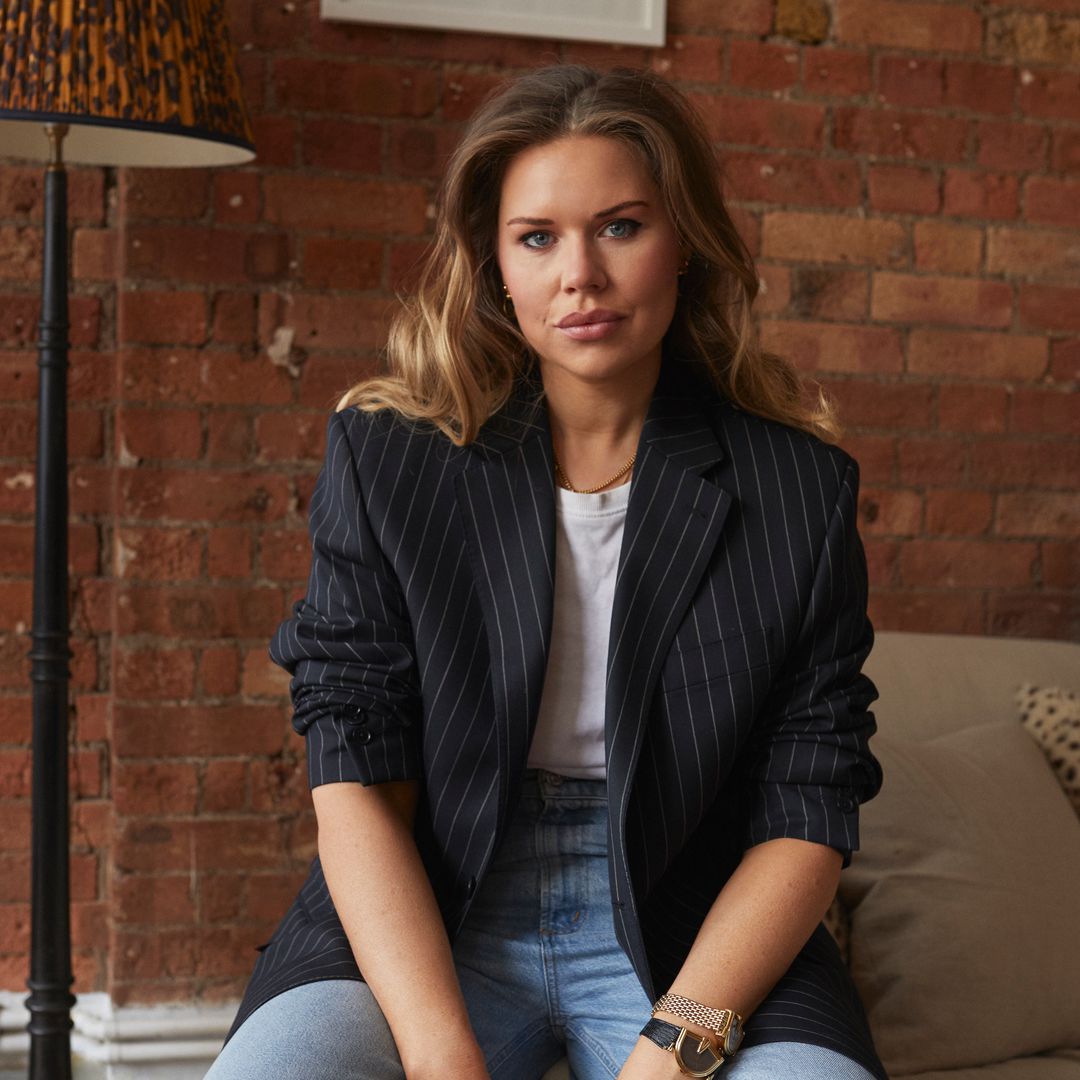In her new column, life coach Hattie MacAndrews shares her advice on the problems plaguing her clients.
Today, in honour of Stress Awareness Month, she tackles burnout – addressing why we experience it and how readdressing our priorities can help ease it.
The issue: I'm constantly exhausted
"I have a very stressful job and feel constantly exhausted. I’m burning the candle at both ends and I can’t keep up the pace. I’m not sleeping enough, eating properly or finding the time to exercise. I’m only 31 but I’m tired of feeling tired! How do I find more balance and feel like I’m in control of my time again?"
The solution
Firstly I’d like to stop and take a minute to commend you for recognising your need for sleep, and a desire to live a more balanced life! We live in a society that has not only normalised, but seemingly celebrates exhaustion.
I wish everyone would recognise how debilitating it can be to feel so constantly exhausted, and not feel the need to wear it like a badge of honour. We are obsessed with being busy, tiredness is everywhere, and it can feel like an impossible task to break away from the constant cycle of exhaustion.
OK, so now that you understand my (very strong) stance on exhaustion – let’s just zoom out to zoom back in. What exactly is it you want from your life, and what do you need to change in order to get there?
What do you want from life?
So often we get stuck in the rat race chasing a goal that we never really stop to question what it is we want.
Are you looking to live a life of purpose, happiness or contentment? Are you seeking financial freedom? A life of adventure? When we stop to think, often we realise we’re digging away at a goal that isn’t really ours, perhaps one that’s been put on us by our parents, friends or society.
RELATED: The mini reset that helps me recover from my fast-paced life
It’s also important to recognise that we chase different goals during different stages in our lives. Your dreams at 31 will look very different in 10 years, and even more so in another 10.
I would encourage you to spend time honing in on exactly what it is you want from this stage in your life, and letting your answer guide your next steps. For example, if you are working towards buying your first property or reaching a financial goal, then focusing on your career is probably a sensible step. With this in mind, let’s move on to that very key, elusive, word ‘balance’.
Finding balance
Balance is something it seems everyone is striving for – but do we really know what it means? I can assure you that my idea of balance and yours might look very different. Are you referring to balance in your personal life, professional, or both? Which end of the candle is burning too fast, and which would you like to prioritise?
Finding the middle ground
My favourite way to work out what balance looks like is to write down the ‘most’, the ‘least’ and then draw a line somewhere in the middle. Let’s use your daily steps as an example. Let’s say the most you felt was realistic in a day was 12,000, and the least was 2,000, then aiming for 7,000 would be a good place to start. Meanwhile, these numbers might look a lot higher or a lot lower for others – it’s all relative.
Or if we were looking at getting a good night’s sleep – if you are only getting this once a week, perhaps you could start by aiming for two or three times a week. Leave room for imperfection and growth. Write down what balance might look like for you, then draw some realistic goals from there. That might include weekly movement, sleep goals, healthier habits, socialising, drinking, etc.
When it comes to careers, I think it’s very helpful (and important!) to remember that we always have a choice. Those of you who know me and my work, know this to be my absolutely favourite sentiment. We always have a choice!
DISCOVER: Burnout: How 5 days disconnected from the world changed my life
Sometimes our choice lies in our decision making, our actions or our responses. With work, it might not feel like you have a choice (as we all have to work), but remember it was you who put yourself in your particular line of work or chosen field.
This mindset isn’t to create space for blame, but to enable you to take responsibility for your decisions and remember your ‘why’. Why are you doing what you do? What drew you to this line of work/industry in the first place? Was it so you could earn to your full potential? Was it so you could indulge your creative side? Was it to push or challenge yourself?
I recently worked with a team of London’s top lawyers, many of whom were struggling with intense burnout and overwhelm. The first thing we did together was strip it back to the basics – and allow them to remember and focus on why they chose their path.
If it’s something you have lost sight of or perhaps your values or goals have shifted along the way, then perhaps there’s room here for re-direction. Once you recognise that you are in control of your decisions, your confidence will grow as you step into a place of power. You don’t ‘have’ to do this job, you ‘choose’ to. There’s a big difference here and simply by switching up your language, you will feel the shift.
Taking the pressure off
Women in particular are prone to experiencing stress due to high levels of cognitive effort being made to manage our daily lifestyles. The constant wondering of ‘What to have for dinner,’ ‘Who is picking up the kids?’ and ‘Did I reply to that WhatsApp?’ is exhausting, not to mention throwing a demanding job in there.
When it comes to sleeping, eating and exercising, there are certainly changes you can make to your lifestyle to reduce the pressure of modern life and minimise decision making and our to-do lists.
There are services to pick up your laundry, walk your dogs and complete your life admin. Meal delivery kits such as HelloFresh mean we save time by not going to the supermarket.
There’s only so much that we as individuals can take on, and only so much stress we can handle – so I encourage you to outsource where possible and lighten your load.
INSPIRATION: Burnout: How 5 days disconnected from the world changed my life
The Stress Bucket
Integrative Therapist, Abby Rawlinson, describes this so simply. "Imagine that you have a bucket that represents your capacity to handle stress," Abby explains. "Various stressors - the drops of water - fill up your bucket. Some everyday stressors include workload, exams, difficulties in relationships or money worries.
"If these stressors exceed your capacity to cope with them, your bucket overflows, resulting in the symptoms of stress.
"The goal of reducing stress is to keep your bucket from overflowing by regularly emptying some of the water out. Every time you exercise, see a friend, rest, eat a nutritious meal, or meditate, you empty out some of the water and prevent the bucket from overflowing.
"So, it doesn’t matter if the stress keeps coming, as long as you regularly practice self-care, the bucket will never overflow."
And on that note - who am I to argue with enhancing your self-care practice? Ramp it up! Life is too short to be miserable. Sleep is too precious to be missed. Not everything has to be hard all of the time. So I’ll leave you with this; what do you need to do or shift in order to feel more joy in your life?
Discover more stellar advice from Hattie on Instagram.
















